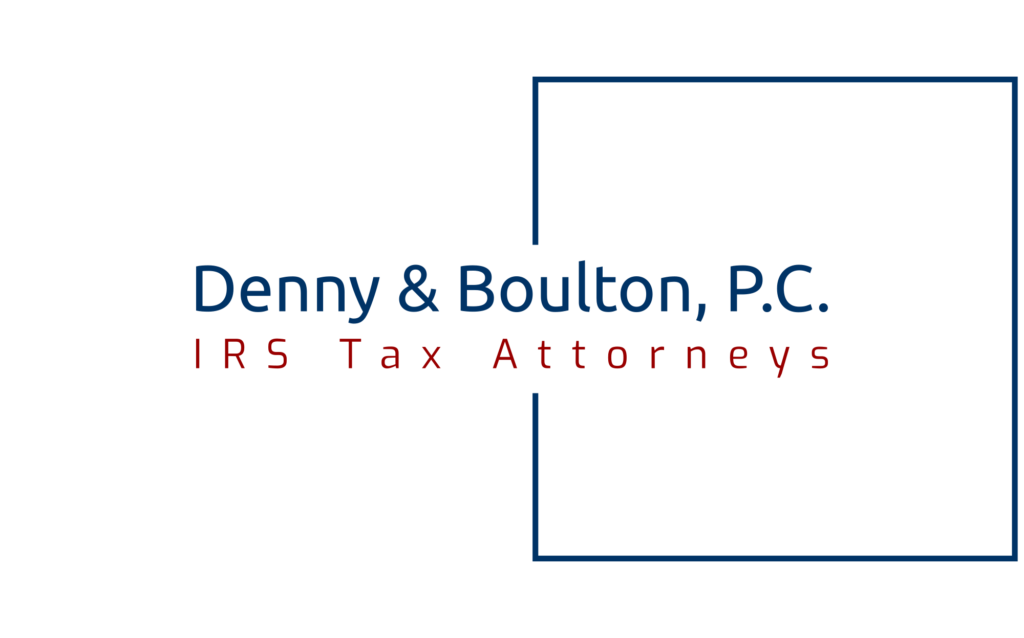Introduction
In our interconnected global economy, individuals and entities often engage in financial transactions across borders. With the increasing globalization of finances, it becomes imperative for governments to monitor and regulate these transactions to ensure transparency, prevent tax evasion, and combat financial crimes. One crucial aspect of this regulatory framework is Foreign Bank Account Reporting (FBAR), which mandates the disclosure of foreign financial accounts held by U.S. taxpayers. Understanding FBAR and its reporting obligations is essential for individuals, businesses, and financial institutions operating within the purview of U.S. tax laws.
Understanding FBAR
FBAR, as defined by the United States Department of the Treasury, refers to the Report of Foreign Bank and Financial Accounts (FinCEN Form 114). This report must be filed annually by U.S. taxpayers who hold financial interest in or have signature authority over foreign financial accounts with an aggregate value exceeding $10,000 at any time during the calendar year. Foreign financial accounts encompass a wide range of assets, including but not limited to bank accounts, securities accounts, mutual funds, and certain types of retirement accounts held outside the United States.
Historical Context
The origins of FBAR trace back to the Bank Secrecy Act (BSA) of 1970, which aimed to combat money laundering and financial crimes by requiring financial institutions to maintain records and report certain transactions. Over time, amendments to the BSA expanded the scope of FBAR reporting requirements, emphasizing the need for greater transparency and accountability in cross-border financial activities.
Purpose of FBAR Reporting
The primary objective of FBAR reporting is to enhance tax compliance and prevent tax evasion by providing the Internal Revenue Service (IRS) with valuable information about foreign financial accounts held by U.S. taxpayers. By requiring individuals to disclose their offshore assets, the government seeks to deter tax evasion schemes that exploit the secrecy of foreign jurisdictions and offshore banking systems.
Compliance and Enforcement
Failure to comply with FBAR reporting obligations can have serious consequences, including substantial civil penalties and even criminal prosecution in cases of willful non-compliance. The IRS employs various enforcement mechanisms, including audits, investigations, and collaboration with foreign authorities, to identify taxpayers who attempt to conceal their offshore assets and income.
Reporting Thresholds and Requirements
It is essential for taxpayers to understand the reporting thresholds and requirements associated with FBAR filings. As mentioned earlier, individuals must file an FBAR if the aggregate value of their foreign financial accounts exceeds $10,000 at any point during the calendar year. The filing deadline for FBAR submissions is April 15th of the following year, with an automatic extension available until October 15th upon request.
Exemptions and Special Considerations
While the FBAR reporting requirement applies to a broad spectrum of taxpayers, certain exemptions and special considerations exist. For instance, certain individuals, such as bona fide residents of certain U.S. territories, may be exempt from FBAR reporting requirements. Additionally, taxpayers facing unique circumstances or encountering challenges in complying with FBAR obligations should seek guidance from tax professionals or legal advisors to ensure compliance and mitigate potential risks.
Impact on Financial Institutions
FBAR reporting obligations also extend to financial institutions, including banks, investment firms, and other entities that maintain foreign financial accounts on behalf of U.S. taxpayers. These institutions must fulfill their reporting responsibilities by collecting accurate and timely information from account holders and transmitting the required data to the appropriate regulatory authorities.
International Cooperation and Exchange of Information
In an era of global financial interconnectedness, international cooperation and exchange of information play a pivotal role in combating tax evasion and promoting financial transparency. The United States has entered into numerous bilateral and multilateral agreements with foreign jurisdictions to facilitate the exchange of financial information, enabling authorities to identify and address instances of non-compliance more effectively.
Conclusion
FBAR and foreign bank account reporting obligations represent critical components of the regulatory framework designed to safeguard the integrity of the financial system and promote tax compliance. By requiring individuals and entities to disclose their foreign financial accounts, FBAR aims to deter tax evasion, enhance transparency, and uphold the principles of fairness and equity in taxation. Understanding the intricacies of FBAR reporting requirements and ensuring compliance with applicable regulations are essential for taxpayers, financial institutions, and regulatory authorities alike in maintaining the integrity and stability of the global financial ecosystem.


